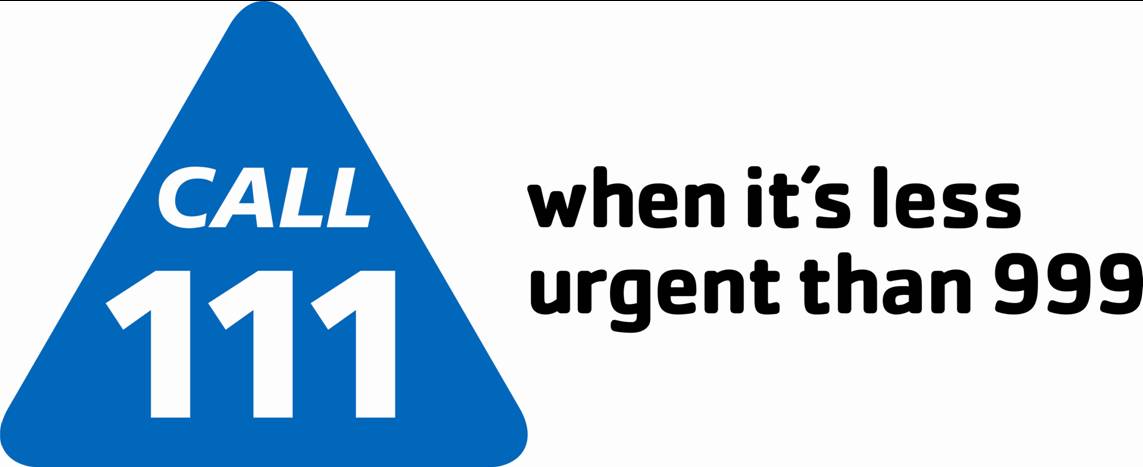
Non emergencies and GPs: Could 111 work better?
111 line increasing pressure on NHS, say leading doctors
BBC – There has been a big increase in the number of people being referred to GP surgeries and A&E departments, analysis of the NHS 111 urgent care line in England shows.
The figures were produced by the doctors’ union the BMA, which has had long-standing concerns over NHS 111.
Doctors’ leaders say increased referrals mean more pressure on already overstretched GPs and hospitals.
NHS England says the 111 service is meeting increasing demand.
A spokesman said the proportion of referrals to GPs and emergency services had remained steady despite a surge in calls.
But the BMA is concerned that the service is not delivering appropriate advice to some patients and this means some are being incorrectly directed to busy hospitals and GP surgeries.
Rising demand
There has been a big increase in the number of people being referred to GP surgeries and A&E departments, analysis of the NHS 111 urgent care line in England shows.
The figures were produced by the doctors’ union the BMA, which has had long-standing concerns over NHS 111.
Doctors’ leaders say increased referrals mean more pressure on already overstretched GPs and hospitals.
NHS England says the 111 service is meeting increasing demand.
A spokesman said the proportion of referrals to GPs and emergency services had remained steady despite a surge in calls.
But the BMA is concerned that the service is not delivering appropriate advice to some patients and this means some are being incorrectly directed to busy hospitals and GP surgeries.
Rising demand
The BMA looked at the outcomes of calls to NHS 111, which was rolled out in March 2013 to replace the old NHS Direct service.
In its final full year of operation in 2011-12, NHS Direct received 4.4 million calls from patients.
In comparison, calls to NHS 111 increased year-on-year and in 2014 (up to November) it received and responded to more than 15.4 million calls.
Referrals from NHS 111 to A&E increased from just under 400,000 calls in 2013 to over a million in 2014.
Similarly, referrals to GPs went up from just under 3 million to 8 million between 2013 and 2014.
Non-emergency
Dr Charlotte Jones, BMA’s GP lead on NHS 111, is concerned that the service is not delivering appropriate advice for patients.
“There is no doubt that if a patient needs any form of medical care they should be referred through to an appropriate doctor or nurse, but there are serious doubts as to whether this huge increase in workload is clinically necessary.
“Anecdotally, GPs have reported to the BMA that patients have been referred to them with colds, sore thumbs or other conditions that could have been treated safely by sensible advice over the phone, advising a patient on how to self-care, such as picking up medication from a local pharmacist.”
Continue reading the main story
“
Start Quote
We are continuing to look at ways to make the service even more robust including asking GPs to help support call centres and provide patients with the ability to get high quality medical advice as quickly as possible”
NHS England spokesman
And Dr Mark Porter, of the BMA, says there is an issue with staff who have little or no medical knowledge.
“A fundamental problem with NHS 111 is that it employs non-clinically trained staff who follow a formulaic script rather than using clinical judgement to assess how calls are dealt with.
“Understandably this is likely to lead the call handlers, with limited experience of medicine, to be cautious and refer patients to the NHS when a trained professional could have encouraged them to effectively self-care.
“Key NHS services cannot afford to be taking on unnecessary work when they are struggling to treat the number of patients who do need genuine care.
“It is also an enormous waste of patients’ time if they are sent to a GP or A&E when they could have had their issue dealt with during a few minutes on the phone.”
An NHS England spokesman said the statistics show there is a massive demand from the public for the 111 service.
“To date, it has coped impressively with this pressure, with the proportion of referrals to GPs and emergency services remaining steady despite the surge in demand.
“Given this popularity, however, we are continuing to look at ways to make the service even more robust including asking GPs to help support call centres and provide patients with the ability to get high quality medical advice as quickly as possible.”


